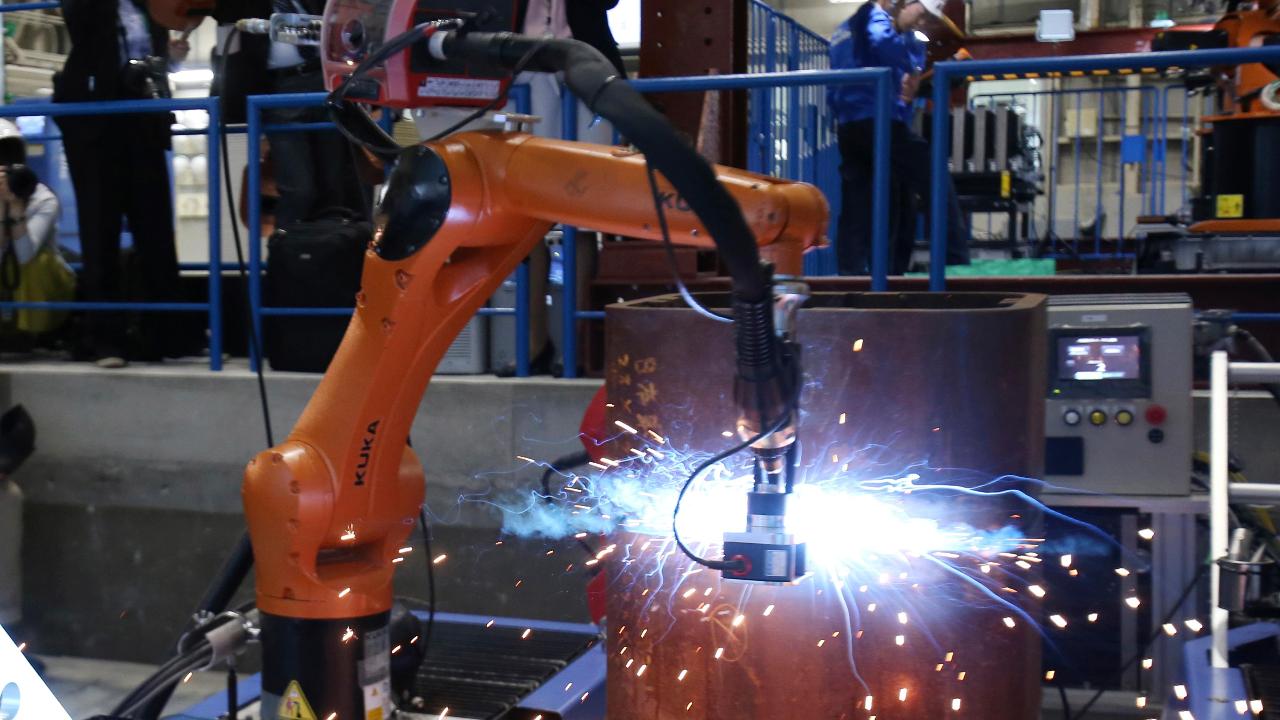Health care plays big role in race for AI dominance
The United States is not going to play second fiddle to China when it comes to artificial intelligence (AI). That’s why some of the smartest minds from companies including Facebook and Google have been invited to the White House on Thursday.
“The White House is panicked about the fact that China is investing massive, massive amounts in AI” said Alex Turkeltaub, co-founder of LIGHT and chief executive of Roam Analytics, during an interview on FOX Business’ ‘Mornings With Maria’.
One way to stay two steps ahead of China is to “fund a lot more basic research at the university level” and cut down on regulatory red tape, he notes.
Turkeltaub, who is an AI trailblazer, is using the technology to transform the pharmaceutical industry. “We are trying to use artificial intelligence to actually do something meaningful in health care,” he explains, adding that it can be used to pinpoint the right drug and treatment to the right patient at the right time.
“It’s essentially using the same algorithms that Google uses to figure out what it is that you want to eat and buy on the internet — but this applies directly to your health. How can we use data and help your process your disease in a way that gets you the best possible outcome?” he asks.
If successful, AI would make the old pharmaceutical model of creating “one-size-fits-all” drugs for patients obsolete. No longer would big pharma companies create a drug and sell it to 100 people and keep the prescriptions going -- regardless of long-term benefits.
The world today simply doesn’t work that way, Turkeltaub says, because the integrated care providers are balking at paying unless there is a major benefit to a subsection of the population.
“The new model now is to say, 'My drug only works for about 10 people out of 100, but I can identify those 10 and charge a premium for it because I know it can really help those patients.'"
This week Turkeltaub is joining other CEOs and top executives from Sanofi, Acorda Therapeutics and Nestle SA at Stanford University for the second annual LIGHT Forum, [Leaders In Global Healthcare and Technology] which these executives helped create, to discuss ways AI can transform the business of health care.
It comes amid a wave of merger and acquisition activity in the sector. Walmart is in early stage acquisition talks with Humana, according to reports, while CVS and Aetna are merging in a deal valued at $69 billion.
| Ticker | Security | Last | Change | Change % |
|---|---|---|---|---|
| WMT | WALMART INC. | 131.18 | +4.24 | +3.34% |
| HUM | HUMANA INC. | 193.89 | +0.30 | +0.15% |
| CVS | CVS HEALTH CORP. | 78.35 | +2.02 | +2.65% |
| AET | NO DATA AVAILABLE | - | - | - |
“All of those transactions are about data and how do we create a new integration into our patients lives,” said Turkeltaub. “So if you look at Walmart, for example, if they buy Humana, they'll know what you eat, what your credit is, what drugs you buy and clinics that house your insurance information or least some of it. This is now the big move towards integrated data giants so to speak.”




















